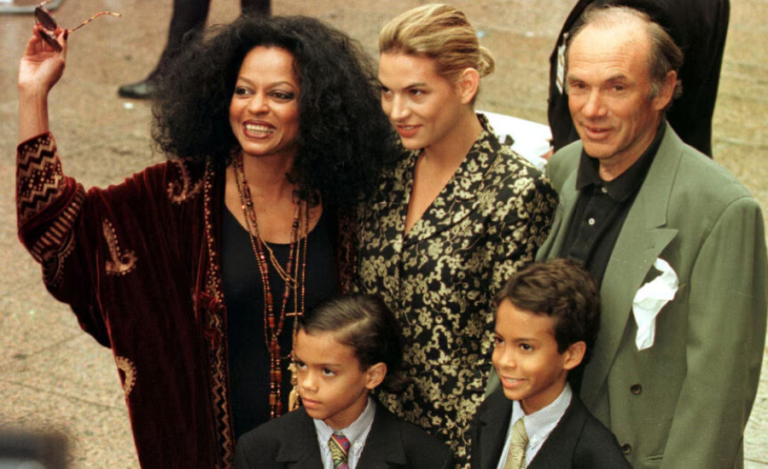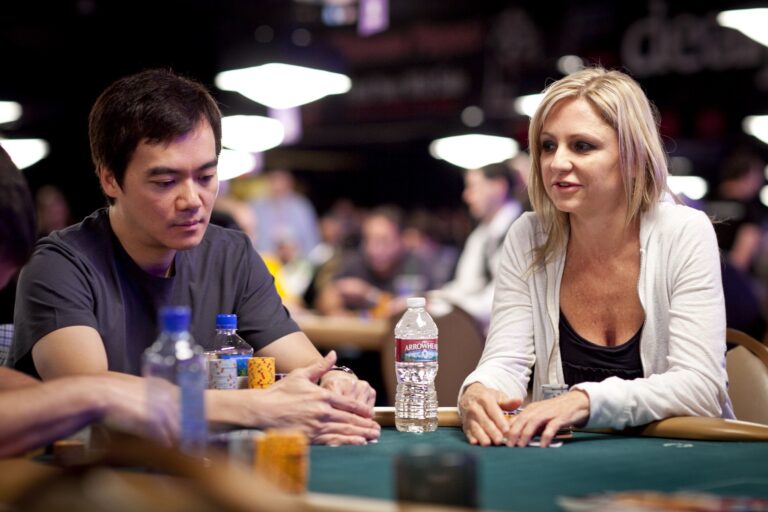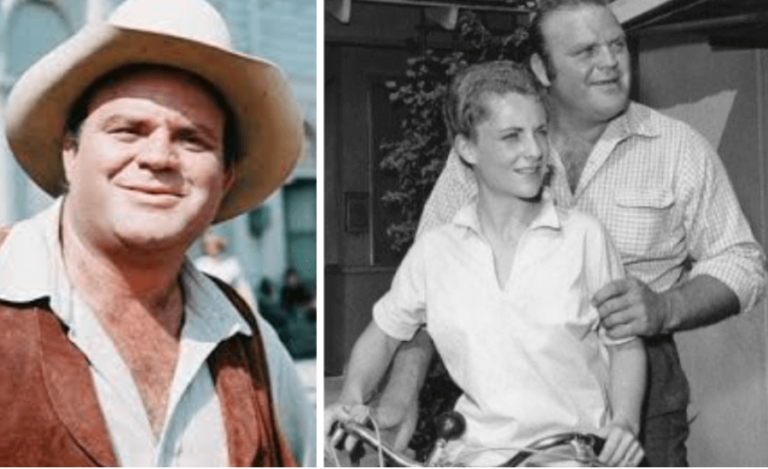The Moral Complexities of “WatchmenontheAll Calvin”
In a world filled with moral gray areas, few works manage to capture the complexities of justice and morality quite like “WatchmenontheAll Calvin.” This thought-provoking narrative weaves together intriguing characters, unexpected plot twists, and philosophical quandaries, challenging our perceptions of what is right and wrong. As we delve into the heart of this captivating story, it becomes clear that it’s more than just a tale—it’s an exploration of the very nature of justice.
The Premise
“WatchmenontheAll Calvin” takes readers into a world where the lines between good and evil are not as clear as they seem. It’s a universe where characters are forced to confront their own moral dilemmas, decisions that will leave them questioning not only their actions but their very sense of right and wrong. At its core, the narrative invites us to explore the concept of justice, making us reflect on whether it is absolute or shaped by the choices we make.
In this world, we find a protagonist named Calvin, whose journey is anything but simple. He’s not your typical hero; rather, he’s a character filled with contradictions, both admirable and flawed. His actions push us to think deeply about the consequences of our own choices and how they fit into the larger picture of morality and justice.
Complex Characters
One of the key strengths of “WatchmenontheAll Calvin” lies in its richly developed characters. Each one brings a unique perspective to the central theme of justice, and no character is without their own moral flaws. This diversity of viewpoints allows the story to explore a wide range of philosophical questions about what constitutes good and bad, right and wrong.
Calvin himself is a complex individual. He’s not a traditional hero, nor is he a villain. Instead, he embodies the moral ambiguity that often defines the human experience. His actions throughout the story force us to ask whether he is truly justified in what he does, or if he is simply making decisions based on his own personal beliefs and desires.
In addition to Calvin, the story introduces other characters who challenge his views on justice. Some characters act as foils to Calvin, pushing him to question his choices. Others represent the darker sides of morality, showing us the consequences of actions taken with little regard for justice. Through these interactions, the narrative invites us to reflect on how we all navigate our own moral compasses in the real world.
Plot and Themes
The plot of “WatchmenontheAll Calvin” is driven by a series of events that continuously challenge the characters’ beliefs and force them to make difficult choices. The narrative is full of twists and turns, with each decision pushing the characters toward an inevitable confrontation with their own values.
At its core, the story tackles the idea of justice and its many layers. Is justice an absolute concept, or is it subjective, shaped by the circumstances and perspectives of those involved? The narrative forces the reader to confront these questions and consider whether our sense of right and wrong is shaped more by society and experience than by an inherent understanding of fairness.
Moreover, the story delves into the idea of moral responsibility. How much of our actions are influenced by our own sense of justice, and how much are they shaped by external forces? The characters’ journeys suggest that justice is not a simple matter of following the law or doing what is right; it is a complex interplay of personal values, societal expectations, and the consequences of our choices.
Philosophical Reflections
What sets “WatchmenontheAll Calvin” apart from many other works is its philosophical depth. The narrative doesn’t just ask us to observe the characters’ journeys; it challenges us to think critically about the nature of justice and morality. Through Calvin’s internal struggles and the conflicts he faces with other characters, we are forced to examine our own beliefs about right and wrong.
Is it enough to follow the law, or must we consider the deeper ethical implications of our actions? Are there situations in which justice can be bent or even broken in the pursuit of a greater good? These are the types of questions that “WatchmenontheAll Calvin” invites its readers to ponder, offering no easy answers, but rather a thoughtful exploration of moral philosophy.
The story also touches on themes of redemption, guilt, and the price of making difficult decisions. In many ways, it’s a meditation on the human condition, exploring the complexities of our emotions, motivations, and actions. The characters’ struggles highlight the fact that, in the real world, justice is often not as clear-cut as we would like it to be.
Societal Reflection
While “WatchmenontheAll Calvin” focuses on the individual’s journey, it also offers a critique of society’s role in shaping our understanding of justice. The narrative subtly questions whether societal structures and norms distort our sense of right and wrong. It presents the idea that what we perceive as just or unjust may not always align with the true nature of morality.
In Calvin’s world, justice is not simply an abstract concept; it is shaped by the systems and institutions in place. The characters often find themselves at odds with these systems, forced to navigate a world that is less about clear-cut morality and more about survival, power, and personal beliefs.
This exploration of society’s impact on justice is particularly relevant in contemporary times, where issues of inequality, corruption, and systemic injustice are ever-present. “WatchmenontheAll Calvin” encourages readers to think about how societal structures can shape our understanding of right and wrong, and whether true justice is possible within these frameworks.
Conclusion
“WatchmenontheAll Calvin” is a deeply thought-provoking work that challenges our perceptions of justice, morality, and personal responsibility. Through its complex characters, intricate plot, and philosophical themes, it asks us to reflect on our own beliefs about right and wrong and question the systems that shape our understanding of justice.
As readers, we are invited to grapple with the moral dilemmas presented in the story, to examine the consequences of our choices, and to think critically about the nature of justice itself. At its core, the narrative reminds us that justice is not a one-size-fits-all concept—it is a complex, ever-evolving idea that is shaped by our actions, our beliefs, and the society in which we live.
In the end, “WatchmenontheAll Calvin” offers more than just a gripping story—it provides a platform for reflection, encouraging us to challenge our own moral compass and consider the true meaning of justice in our own lives. It is a narrative that resonates deeply with contemporary society, reminding us that the search for justice is, at its heart, a deeply personal and ever-changing journey.







